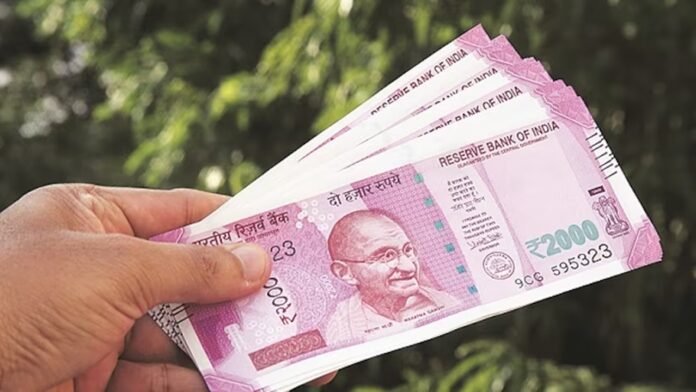A recent tweet by Zomato, a leading food delivery platform in India, claiming that 72% of cash on delivery (CoD) bill payments were made using Rs 2,000 currency notes has raised eyebrows and sparked skepticism. Critics argue that the tweet may be nothing more than a marketing ruse aimed at garnering attention and promoting the platform’s services.
Zomato’s tweet, which presented statistics on the usage of Rs 2,000 notes for CoD bill payments, caught the attention of social media users and sparked a debate on consumer behavior and payment trends. However, some analysts and industry experts question the authenticity and accuracy of the data presented.
Critics argue that the tweet might be a strategic move to attract attention and generate buzz around Zomato’s platform. They highlight the potential biases and limitations in the data, as it may not be a representative sample of all CoD transactions. Additionally, the tweet’s timing and the provocative nature of the claim have led to suspicions of a marketing ploy rather than a genuine reflection of payment behavior.
While cash on delivery remains a popular payment method in certain segments of the population, the rise of digital payments and online transactions has been a notable trend in recent years. Thus, the claim of a significant majority of CoD bill payments being made in Rs 2,000 notes seems contradictory to the prevailing consumer preference for digital payment methods.
As the debate continues, it is essential to analyze data and claims critically, particularly in the context of marketing and promotional efforts. Transparency and accuracy in data representation play a crucial role in maintaining trust and credibility, both for businesses and consumers.
Zomato’s tweet on the prevalence of Rs 2,000 notes in CoD bill payments serves as a reminder of the need for careful scrutiny and analysis of data presented in public discourse. Skepticism and critical evaluation of claims contribute to a more informed and discerning society, fostering trust and reliability in the information shared.



